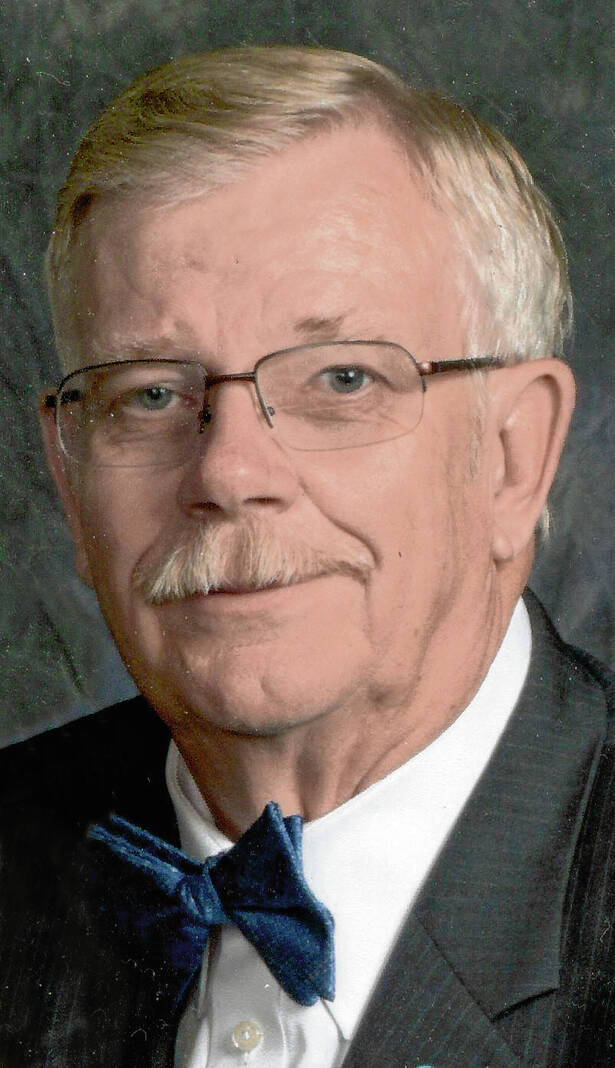FRANCESVILLE — It seems the epithet of choice among more than a few politicians is to charge an opponent with being “a threat to democracy.” Mostly this accusation is used against Donald Trump, his threat being primarily to the election prospects of his opponents.
One can get into an endless debate on whether Republican policies or Democrat policies are the greater threat to our sacred democracy. A libertarian (and I have a libertarian chromosome or two) would suggest both parties represent threats as they proliferate government power through a multitude of federal regulations focused on telling us Americans what we may no longer do.
What is left is the denial of any useful meaning to the word “democracy.” America is not now, nor was it ever, a democracy in the philosophical sense. We are a republic, a form of government in which citizens vote on representatives who vote on laws. Some might call this representative democracy. Fair enough, if properly understood.
That said, representative democracy does exist in America if one looks to the local level. It is in this place where citizens are most likely to have immediate access to their elected representatives. It is here where the citizenry is confronted with the governmental decisions that have the most impact on their daily lives and pocketbooks.
At least that is the way an ad hoc group of citizens in north central Indiana sees it.
As a contributor to The Indiana Policy Review’s “Indiana Mandate: An Agenda for the 2020s,” I was invited to speak to this gathering of community activists on the topic “Property Rights: Theory and Application.”
The meeting was held in Francesville, a town in Pulaski County and one I had never visited before. And thanks to the barricades the state highway department has placed on State Road 14, I almost didn’t visit it that night.
The group has a common purpose, that of having their voice heard when county officials make decisions on large projects such as wind and solar farms or carbon-dioxide pipelines. These issues are the nexus between practical democracy and property rights. In the words of the Declaration of Independence, we are talking about the “pursuit of happiness” and how conflicting views of this are adjudicated.
Take the wind farm case as an example. An energy company has negotiated with sufficient north central Indiana landholders to place dozens of these large wind turbines on their farmland. Those farmers feel with some justification that they simply are exercising their pursuit of happiness by disposing of their property as they wish. Many libertarians would agree with them.
But there are always at least two sides to every issue. Adjoining property owners see the value of their land falling due to these windmills. The exercise of property rights by one devalues the property of another. Is this fair?
One complaint of the group, a complaint shared by my colleagues at The Indiana Policy Review, is these projects are never properly costed. One hears of jobs created, positive economic impact and a laundry list of other putative benefits. Post-project accounting hardly ever attests to the validity of these pre-project claims.
If the project fails to deliver on its promises, what was its true cost? Economists don’t do debit and credit accounting for cost; they use a tool called “opportunity cost,” what one gives up when a choice is made. Most people have never heard this term but they do understand it viscerally. One comment that night was if a wind farm were to be built where proposed, that ground could never be developed for homes. Exactly.
This is where zoning raises its menacing head. Zoning is typically used to control what can be done within a limited geographic area. Does a zoning decision reduce the right of those within the zone to use their property in pursuit of their happiness or does it rightly preserve the property value of others? Whichever, it represents a power of government subject to abuse by those who wield that power.
A professor from my undergraduate days reduced all public-policy decision-making to identifying whose ox was being gored. In other words it often comes down to who has the most at stake and their ability to recruit sufficient political support to prevail. If it’s not my ox, I probably don’t care. But if it is my ox, I have the incentive to use the American system of representative democracy to my benefit and for my protection.
The good citizens I met in Francisville definitely see their oxen being gored and are rallying to prevent that. Based on the individual county reports I heard that night, they are having at least a modicum of success — and they remain resolute.
The officials in those counties best gird their metaphysical loins.
Mark Franke, an adjunct scholar of the Indiana Policy Review and its book reviewer, is formerly an associate vice-chancellor at Indiana University-Purdue University Fort Wayne. Send comments to [email protected].




